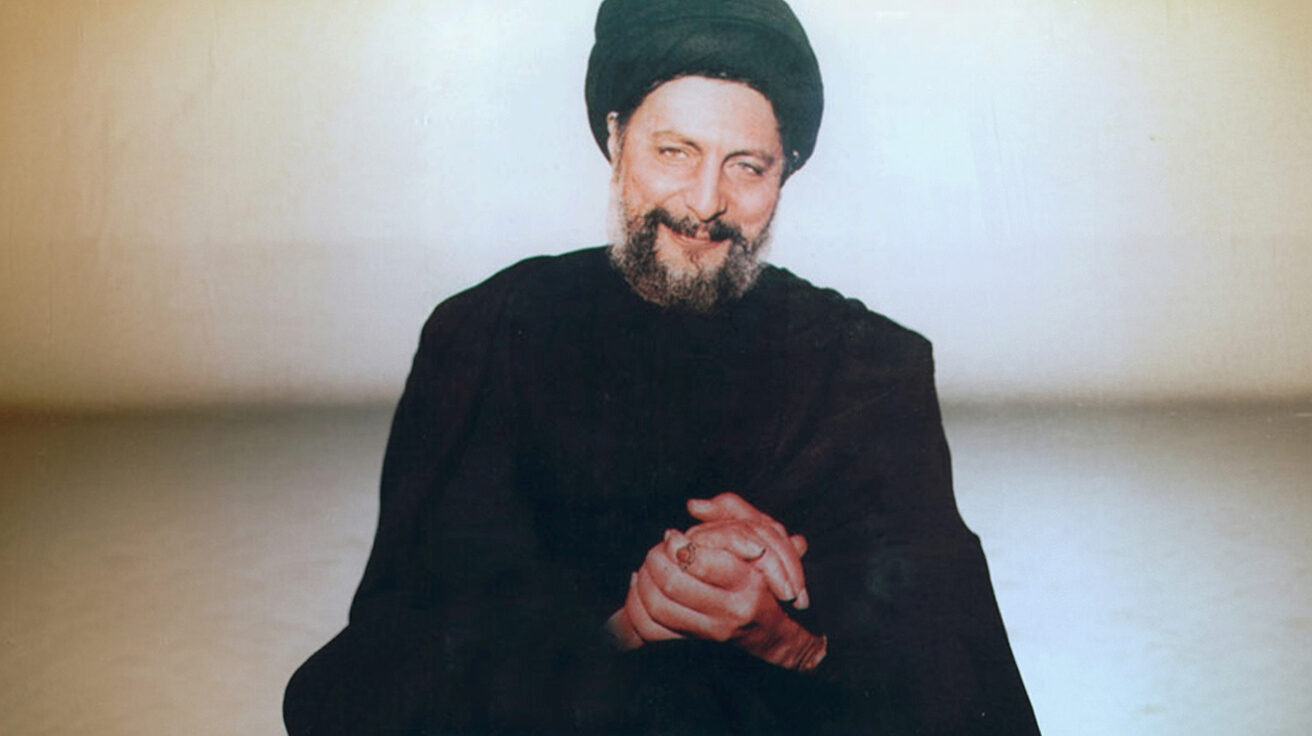When Weapons Became an Ideology
Nida Al Watan, Lebanon, May 2
Since its founding, Hezbollah has worked to redefine Shiite identity in Lebanon, shifting it from a national affiliation rooted in the Lebanese state to an ideological one aligned with Iran’s Guardianship of the Jurist doctrine. To advance this agenda, the group engaged in so-called “brotherly wars” aimed at consolidating control over the Shiite community and undermining the framework of national belonging established by Imam Musa al-Sadr.
In its formative years, Hezbollah pursued this control through two primary levers: religion and armed resistance. Yet, its efforts to impose the ideology of the Guardianship of the Jurist met with resistance that prevented it from fully embedding this doctrine within Lebanon’s Shiite population.
A major impediment was the historically deep-rooted and religiously significant connection between Lebanese Shiites and the traditional jurisprudential authorities of Najaf—figures like Muhsin al-Hakim, Abu al-Qasim Khoei, and later Ali al-Sistani —who represent a school of thought that explicitly rejects Iran’s model of clerical rule and advocates for a separation between religious authority and direct governance.
Local independent religious authorities also stood as formidable barriers, especially the widely respected Mohammad Hussein Fadlallah, and the enduring influence of Imam Mohammad Mehdi Shamseddine, who continued al-Sadr’s mission of grounding the Shiite community in national Lebanese identity and emphasizing its integral role within the state rather than in opposition to it.
This holiday season, give to:
Truth and understanding
The Media Line's intrepid correspondents are in Israel, Gaza, Lebanon, Syria and Pakistan providing first-person reporting.
They all said they cover it.
We see it.
We report with just one agenda: the truth.


Together, these figures and institutions erected a bulwark against Hezbollah’s ideological infiltration of the Shiite sect. Confronted with the failure of its ideological project, Hezbollah pivoted to a more pragmatic and resonant strategy, embodied in the rhetoric of “resistance.” This narrative gained traction during the Israeli occupation of southern Lebanon, when Hezbollah adopted the slogan “weapons to liberate the land” to secure political and popular legitimacy.
Yet what began as a discourse of liberation evolved into an ideology of its own—one focused on the perpetual defense of the weapons themselves. In this transformation, the tools of resistance morphed into instruments of control, enabling Hezbollah to cultivate a sense of political and emotional detachment between the Shiite community and the Lebanese state, particularly in terms of loyalty and identity.
While the ideological project of the Guardianship of the Jurist failed to sever this connection, the ideology of weapons succeeded, recasting arms as the emblem of a unique identity and a symbol of unwavering allegiance to Tehran, the architect of this militarized vision. Within this framework, Hezbollah’s insistence on keeping its arms must be understood not merely as a strategic or tactical decision, but as the linchpin of its political and ideological existence.
To Hezbollah, these weapons are sacrosanct—not simply tools of defense or influence, but the primary means by which it has alienated the Shiite community from the Lebanese state and erected a psychological and political divide that subordinates national loyalty to transnational allegiance. The arms serve as the last remaining tether connecting the Shiite community to Iran’s Guardianship of the Jurist project, with implications that reach far beyond Lebanon’s borders.
As such, the prospect of disarmament poses an existential threat to Hezbollah’s authority and simultaneously opens the door for the Shiite community to break free from the orbit of Iranian influence. Severing this link would not only undermine Hezbollah’s power but would effectively dismantle the ideological infrastructure of Iran’s presence in Lebanon.
Today, caught between the failure to impose the religious ideology of Guardianship of the Jurist doctrine and the severe blow dealt to the ideology of weapons by its military defeat in the recent war, the Iranian project in Lebanon stands precariously on the edge of decline.
Marwan El Amine (translated by Asaf Zilberfarb)

